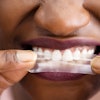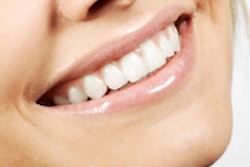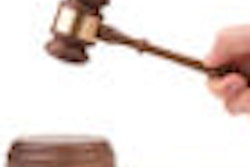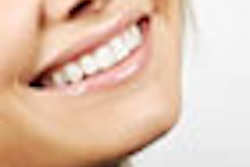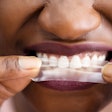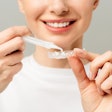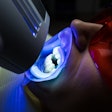
Teeth-whitening kiosks run by nondentists are tempting because of low prices, but are they encroaching on dentists' territory?
The state of Tennessee thinks so.
The Board of Dentistry found that the kiosk services coincided with the state's definition of the practice of dentistry, said Andrea Turner, communications director for the Tennessee Department of Health.
As reported last year by DrBicuspid.com, these kiosks offer a less expensive alternative to having the work done by a dentist. Procedures that might cost $400 to $500 at a dentist's office will run patients only about $100 to $140 at the mall-based centers.
But there is a downside, ADA consumer advisor Matthew Messina, D.D.S., told DrBicuspid.com last June: The centers are not run by dentists. In fact, the personnel are not required to have any kind of dental training, and there is no way of knowing exactly what materials these centers are using for the procedure.
The Tennessee ban took effect January 8.
During a recent meeting, the dental board determined that personnel in these kiosks were assisting patients with placement of trays -- a violation of state law, Turner noted.
"They were using some kind of tool to determine the current shade of a patient's teeth and how much a certain procedure could change that shade," she added. "They were making a medical decision about the state of the patients' teeth."
Concern for patients' oral health was also a consideration.
"People are not being treated by a medical professional when they go to these kiosks, and this ban is necessary to protect their health," Turner said.
The Board of Dentistry has now issued a new policy regarding teeth whitening.
"Teeth-whitening formulations shall be prescribed and dispensed by a licensed dentist," reads a statement by the board. "Licensed dental hygienists or registered dental assistants are authorized to apply teeth-whitening formulations, but only under the direct supervision of a licensed dentist."
Those found to be practicing dentistry without a license will be subject to legal action including disciplinary action by the board, according to a press release by board. Disciplinary action for the unlicensed practice of dentistry can include monetary penalties of up to $1,000 per day, per violation.
Joyce Osborn, president of the Council for Cosmetic Teeth Whitening (CCTW), argues that the kiosks merely provide patients with a safe, effective, and affordable whitening option.
CCTW is a trade association formed to represent and defend the small and medium-sized companies that founded and led the cosmetic teeth-whitening industry.
"We have hired a regulatory person that has put together best practice protocols to make sure none of our members are practicing dentistry," she emphasized.
Consumers have a civic right to choose their treatment, and it should have nothing to do with the dental board, she said.
The new policy will have no impact on over-the-counter teeth whitening products.
